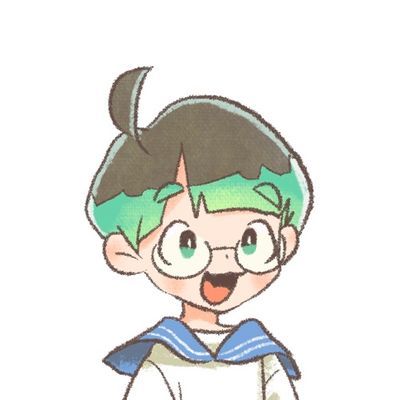
えびす様をまつる十日えびすという祭りがあります。
日本には、七福神と呼ばれる神様を大切に思う人がたくさんいます。
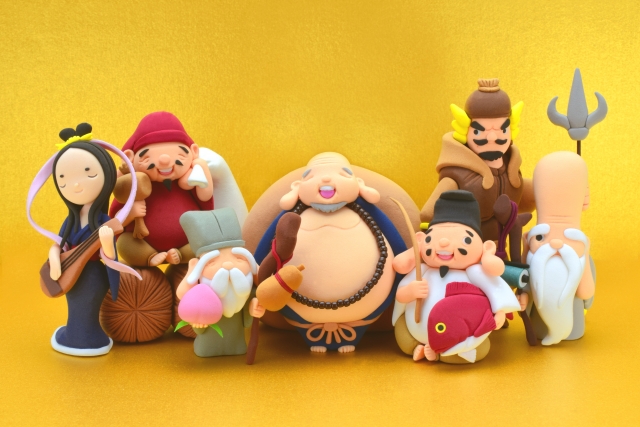
七福神の中にえびす様がいます。
えびす様は、釣り竿を持ち、鯛を抱えた姿で描かれることが多いです。
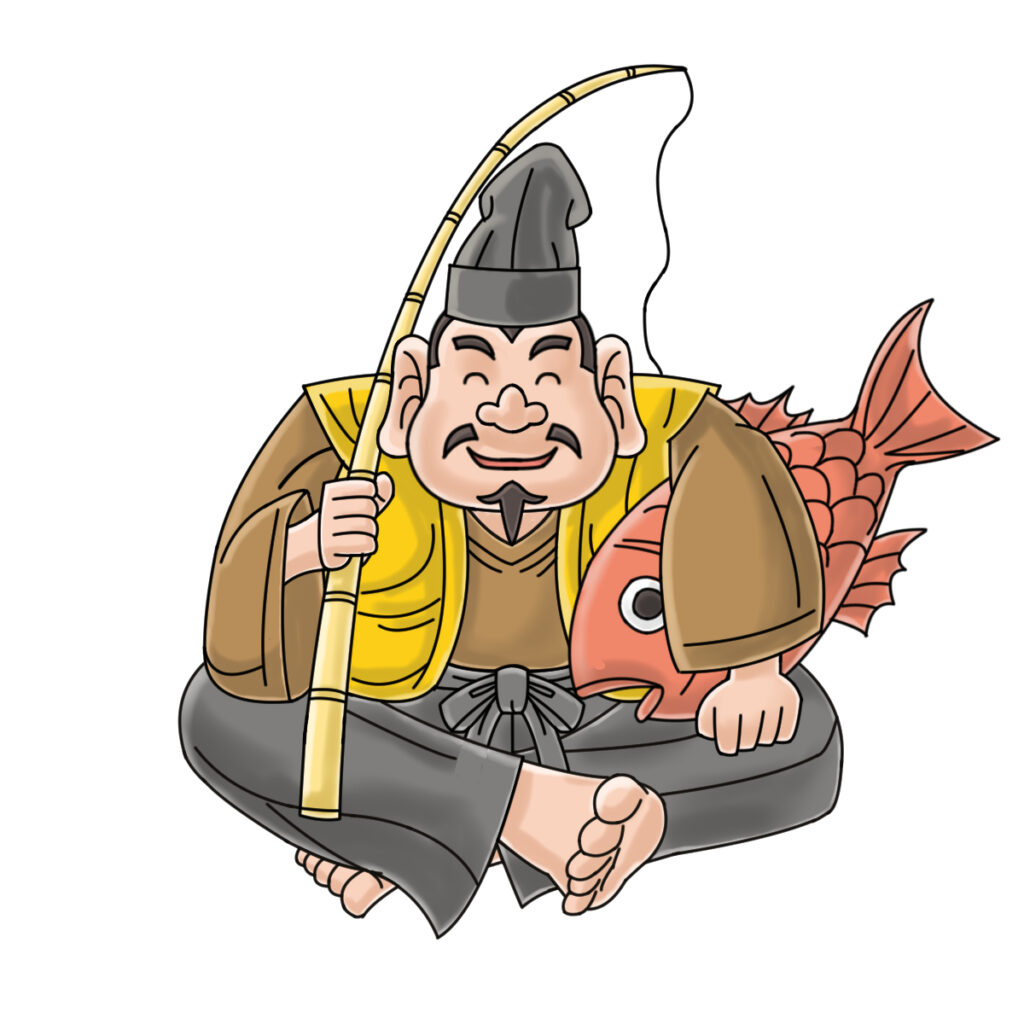
えびす様は、漁業の神、商売繁盛の神、福の神です。
えびす様の「えびす」の漢字には、恵比寿、戎、夷、蛭子などたくさんあります。
えびす様は、恵比寿天と呼ばれることもあります。
大阪などでは、親しみをこめて、「えべっさん」と呼ばれることもあります。
毎年、1月10日を中心にして「十日えびす」というえびす様を祀る祭りがあります。
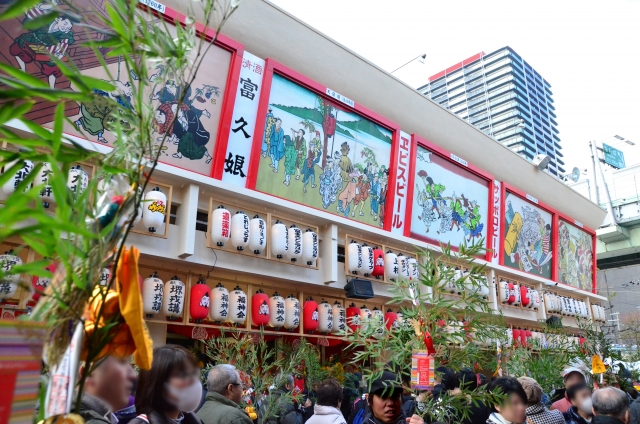
大阪市の今宮戎神社、兵庫県西宮市の西宮神社、京都市の京都ゑびす神社での催しが有名です。
毎年1月10日を「本戎」、その前日を「宵戎」、翌日を「残り福」として盛大に祝います。
この3日間には、たくさんの市がたち、たくさんの参拝者でにぎわいます。参拝者は小ざさにつるした縁起物などを買って帰ります。
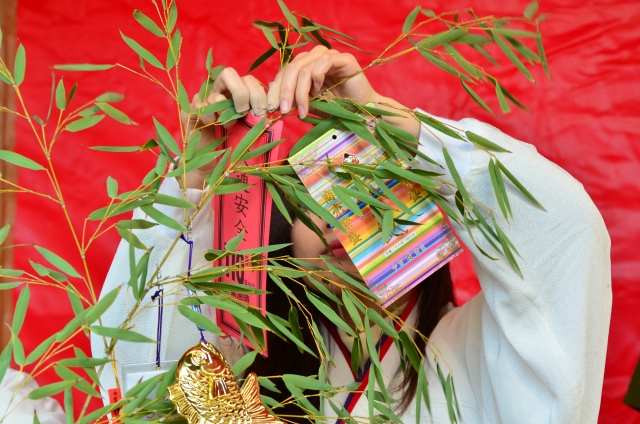
縁起物は、福娘と呼ばれる女性などから買うことが多いです。
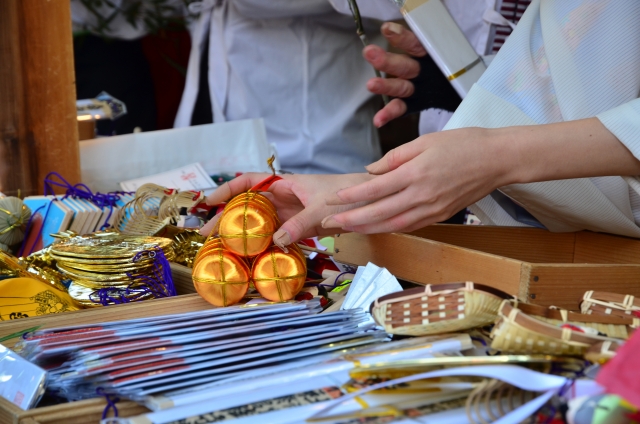
福娘は、毎年たくさんの応募者の中から選ばれ、えびす様の福をたくさんの人に授ける大切な役割をしています。
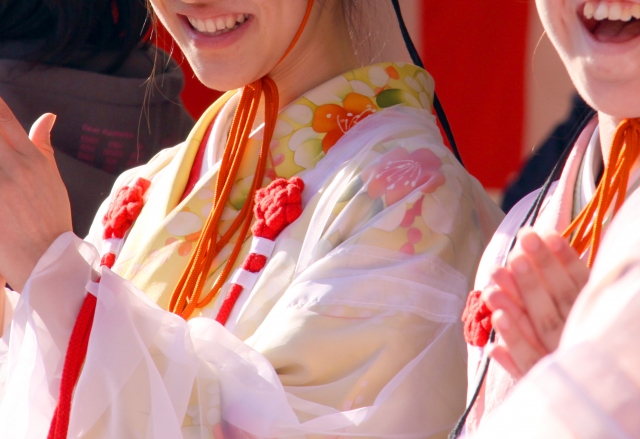
Toka Ebisu
In Japan, there are many people who cherish the gods called the Seven Lucky Gods.
Ebisu is one of the Seven Lucky Gods.
Ebisu is often depicted holding a fishing rod and holding a sea bream.
Ebisu is the god of fishing, the god of prosperous business, and the god of fortune.
Ebisu is also called Ebisu-ten.
In places such as Osaka, Ebisu is affectionately called Ebessan.
Every year on January 10th, there is a festival dedicated to Ebisu called “Toka Ebisu”.
Toka Ebisu are held at Imamiya Ebisu Shrine in Osaka City, Nishinomiya Shrine in Nishinomiya City, Hyogo Prefecture, and Kyoto Ebisu Shrine in Kyoto City.
Every year, we celebrate January 10th as “Hon Ebisu”, the day before that as “Evening Ebisu”, and the next day as “Remaining Blessing”.
During these three days, many markets will be held and many worshipers will come. Worshipers buy lucky charms and other things that are hung on small bamboo leaves.
Lucky charms are often bought from women called Fukumusume.
Fukumusume is selected from among many applicants every year and plays an important role in imparting the blessings of Ebisu to many people.
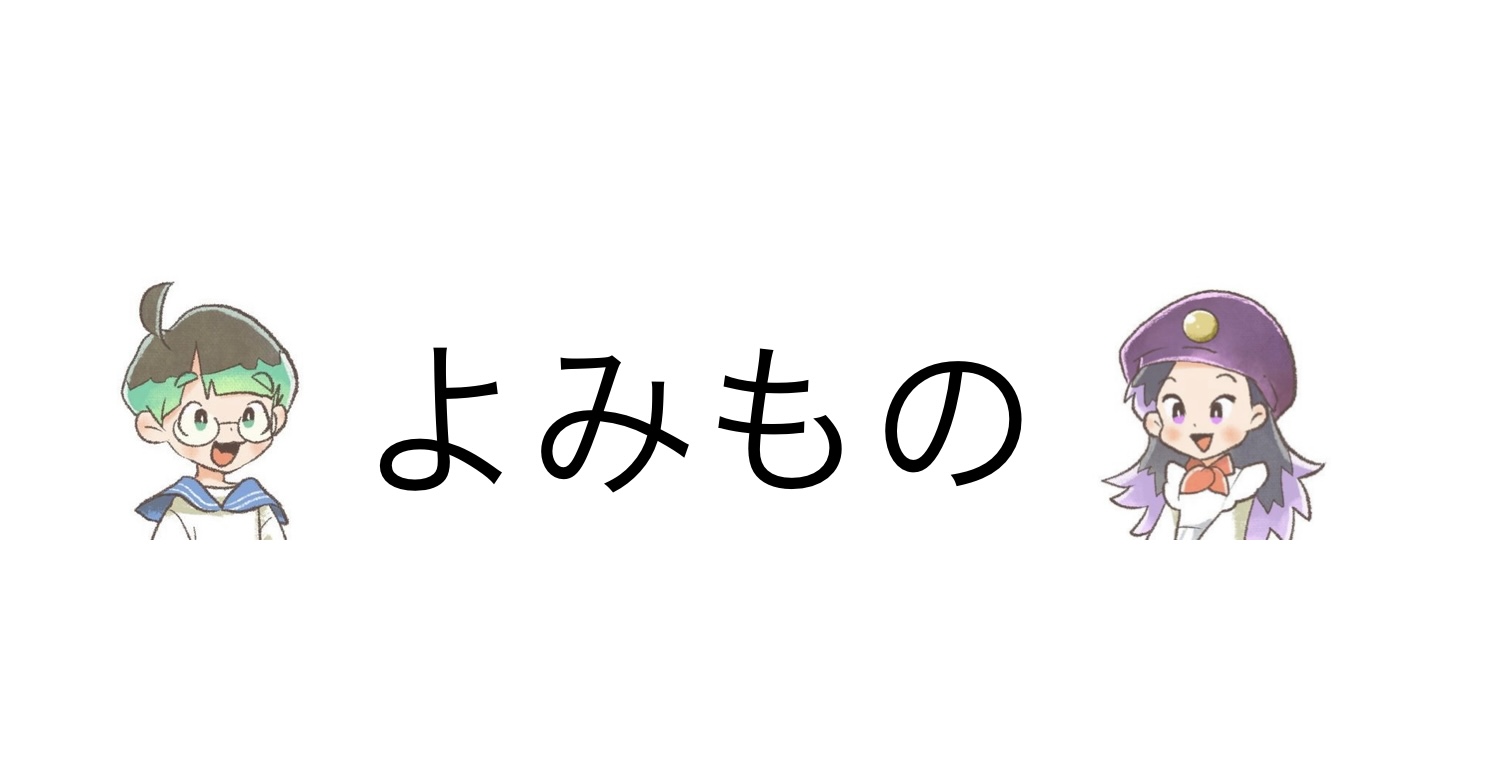
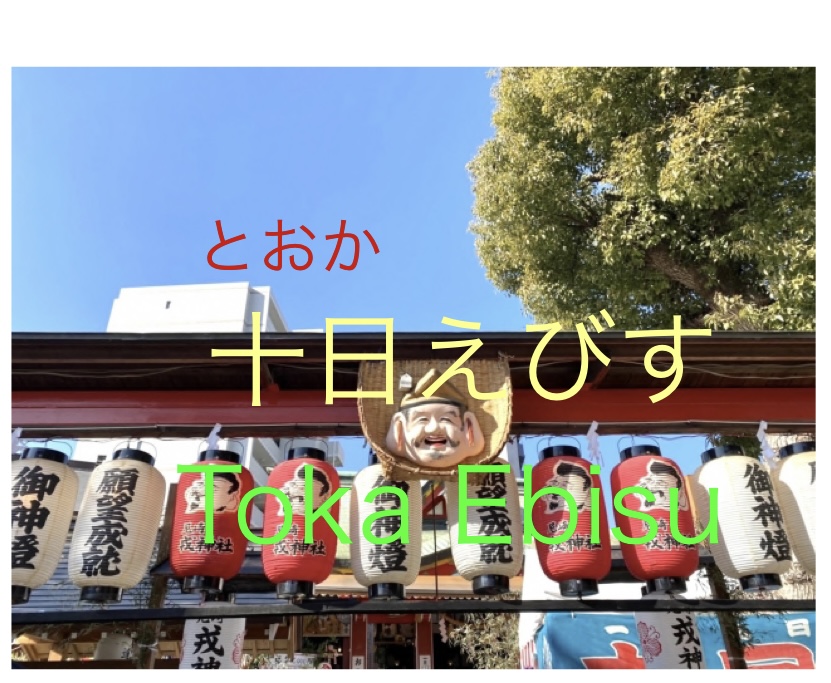


コメント